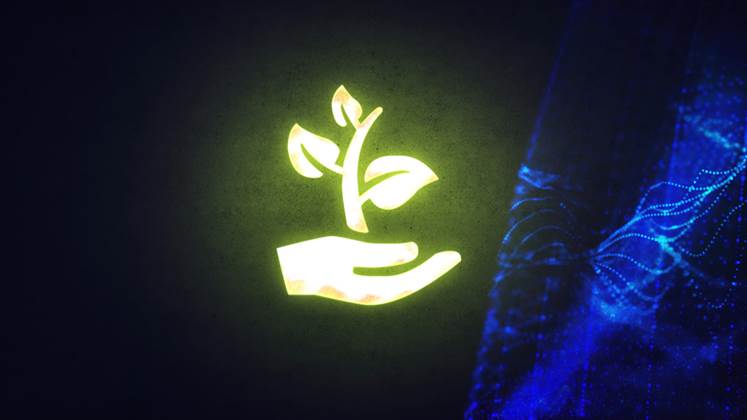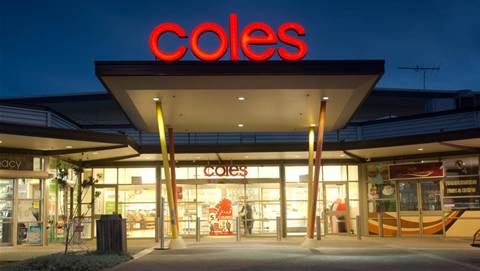The tech wreck and a volatile economy have caused investors to be more cautious with investment in Australian startups dropping to $1.7 billion over the first half of this year.

A new KPMG Private Enterprise Venture Pulse report showed that investment in Australian startups was at $5.57 billion this time last year.
While total investment has dropped, the report noted that certain sectors including AI and Climatetech continue to attract venture capital interest.
KPMG Venture Pulse data tracked 220 Australian VC deals in the first half of 2023, down from 416 in the same period in 2022.
Amanda Price, head of high growth ventures at KPMG Australia said VC funding in Australia has returned to pre-COVID levels, with a decline in both deal sizes and overall deal count relative to the sector’s peak in the first half of 2022.
“Across the board, we’re seeing heightened levels of caution and a slower pace of deals, as due diligence and defensibility come to the fore. There is still capital to be deployed, but founders should expect an even more rigorous process with investors to secure investment,” she said.
Defying the drop in investment, global VC interest in AI has continued to surge due to the popularity of ChatGPT in late 2022 and the announcement of Microsoft’s US$10 billion investment.
AI has quickly become a target sector for VC investors looking for their next home run or to avoid the fear of missing out, in part because of the multiplier effect that AI offerings could have in driving widespread disruption across industries.
Australian AI startups also successfully raised capital in the first half of the year, the report noted.
Adelaide-based AI intelligence solutions venture Fivecast raised US$20 million from US fund Ten Eleven Ventures, while Melbourne-based AI for healthcare startup Eyetelligence banked US$12 million from a New York-based investor.
Alternative energy, energy storage, and cleantech remain attractive to VC investors
Ongoing concerns about energy availability and energy costs, and growing commitment to, and funding for, cleantech innovation in many countries have driven significant interest in the energy sector.
VC investors are showing broadening interest across a growing diversity of energy solutions—from solar power technologies, offshore wind farms, and hydrogen and atomic energy applications to EV infrastructure, decarbonisation solutions, and green finance-focused offerings.
In Australia, decarbonisation startup Loam announced a AU$105 million raise led by US climate-focused VC Lowercarbon Capital.
Price said despite the slowdown in the first of 2023, overall investment in Australian startups has delivered year-on-year growth every year between 2014 and 2022.
“As we move into the second half of the year, VCs are increasingly looking for startups that are efficient, responsible with capital, and focused on revenue. When they find them, they’re just as willing to invest as they were before, if not more,” she said.
“Key sectors of interest, including AI and Climatetech, have remained resilient - showing there is still a healthy appetite amongst investors for Australian startups tackling the planet’s most pressing issues.”
For AI in particular, Price added that KPMG is seeing VCs increasingly looking for startups that have integrated AI into their existing processes to improve efficiency and seek to invest in AI-specific startups.
Globally, venture capital investment in startups fell from US$86.2 billion across 10,121 deals in Q1’23 to US$77.4 billion across 7783 deals in Q2’23.
Factors driving the fall in global start-up investment include increasing interest rates, stubbornly high inflation, domestic and geopolitical challenges, the protracted war in Ukraine, and ongoing concerns about the stability of the global banking system.



_(23).jpg&h=140&w=231&c=1&s=0)
_(33).jpg&h=140&w=231&c=1&s=0)






 iTnews Executive Retreat - Security Leaders Edition
iTnews Executive Retreat - Security Leaders Edition
 iTnews Benchmark Awards 2026
iTnews Benchmark Awards 2026
 iTnews Cloud Covered Breakfast Summit
iTnews Cloud Covered Breakfast Summit
 The 2026 iAwards
The 2026 iAwards












_(1).jpg&h=140&w=231&c=1&s=0)



